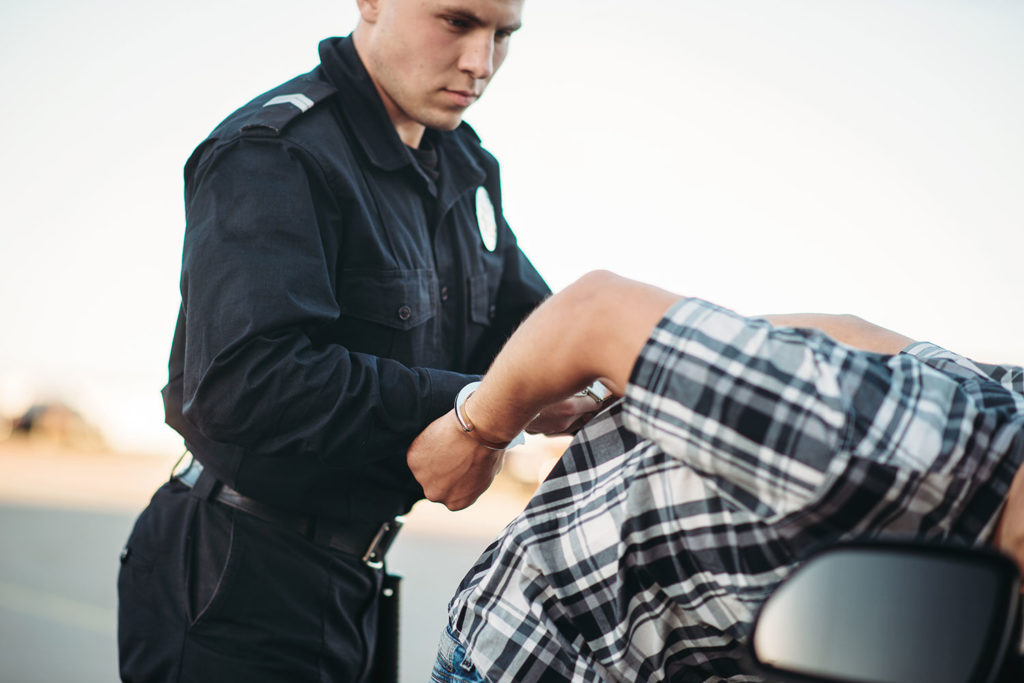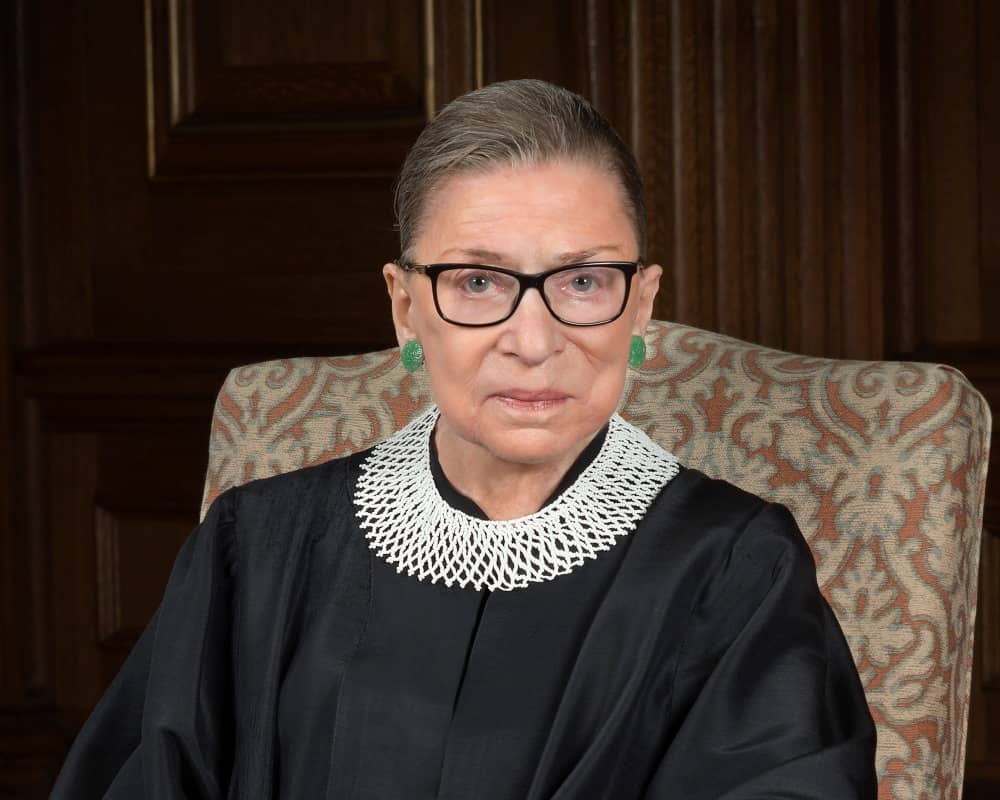What to do if the police use excessive force
 Most police officers exercise restraint when handling members of the general public, but there are times when a situation gets out of hand and citizens get hurt. The law allows the police some flexibility when dealing with or handling an uncooperative individual. Deadly or excessive force can be used if the officer feels he or she is being threatened (i.e., someone pointing a gun at them). But if physical force is unwarranted, it may be considered excessive force, and a violation of one’s civil rights.
Most police officers exercise restraint when handling members of the general public, but there are times when a situation gets out of hand and citizens get hurt. The law allows the police some flexibility when dealing with or handling an uncooperative individual. Deadly or excessive force can be used if the officer feels he or she is being threatened (i.e., someone pointing a gun at them). But if physical force is unwarranted, it may be considered excessive force, and a violation of one’s civil rights.
Is it excessive force?
The police typically have qualified immunity involving arrest so that concerns of legal action don’t interfere with their ability to do their jobs. (However, those laws have changed in Colorado and police are now required to wear cameras and don’t always have immunity.) Police are allowed to use reasonable force when handling a combative individual, but only to the point of subduing the person for arrest. Legal protections for citizens are available if force becomes excessive or unreasonable. Section 1983 of the Civil Rights Act of 1871 forbids the police to restrict an individual of their civil rights under the Fourth Amendment of the Constitution.
Excessive force, as defined, is when a police officer is aggressive, forceful, and possibly threatens bodily harm when it’s unnecessary. For instance, if someone has cooperated with the police, either at a traffic stop or during an arrest (i.e., handcuffed and compliant), physical force or a weapon wouldn’t be necessary to restrain the individual. Continuing to physically subdue the individual after he or she has complied may constitute excessive force, particularly if the end result was severe injury or death.
What do you do if you are the victim of excessive force?
If you are the victim of excessive force, don’t answer any questions that aren’t required (i.e., like your name). Don’t speak unless absolutely necessary, such as asking for an attorney. If you have injuries, request medical attention immediately. Also, request that photos be taken of your injuries and included in the report. During all of this, don’t yell, become combative, threaten to sue, or say anything else about civil rights. Use your right to remain silent, because what you say really will be used against you later.
Gather evidence and build your case
You will need to prove your case of excessive force with facts and evidence, and you need to work quickly, so that none of this is lost or possibly destroyed.
1. Immediately create a written record of the event. Document everything, including day, time, circumstances, witnesses, and anyone who was with you. Don’t worry about formatting — you’re just documenting and organizing everything, and putting together a timeline to establish facts. Once you’re in court, you will be required to tell your story, clearly and exactly. Written and coherent documentation of the events will help you remember the details of your case.
2. Gather physical evidence. Pictures, video, a police report or citation, medical records (if required), any damaged property (i.e., torn clothes or damaged shoes) and anything else that’s relevant is evidence.
a. If you were injured, take pictures of your injuries and save them in a safe place (i.e., online photo storage, not just on your phone or hard drive)
b. Take pictures of any damaged personal property, and put the items away for safe keeping until they are needed.
3. Gather witnesses’ contact information. Witnesses who can verify and validate your story are crucial. An attorney may request a signed witness statement from them detailing what they saw. You need to document these facts as quickly as possible. Get copies of any videos that witnesses may have taken of the incident.
4. Take care of yourself first. If you were denied medical care in custody, go to the hospital and get checked out. Be sure to get copies of all your medial records. If you were charged with a crime, you’ll also need to find a defense attorney and take care of it. Document everything, including time off work, legal fees and other details.
What if I witness police using excessive force against another individual?
If you are a witness to police using excessive force, immediately document what you see, in as much detail as you can. Write down the time, date, place, and names if you can get them, along with any other relevant details you can remember. If you can take pictures or video, do so, and save them somewhere. Recalling the incident and going over it helps you remember specific details. You may be called upon to give testimony later, and a written account will go a long way in helping you to remember the details correctly.
Protect your civil rights in Denver
What can you do if you’re the victim of excessive force? You need an attorney who is knowledgeable about the laws and how they apply to the police. The Civil Rights Litigation Group has handled many of these kinds of cases and can help you. Contact the Civil Rights Litigation Group at (720) 515-6165 today for a free consultation.


 When Associate Justice Ruth Bader Ginsberg passed away last month, she left an impressive legal legacy in her fight for civil rights. Throughout her career — both as an attorney and a judge — she fought everyone to have equal protection under the law.
When Associate Justice Ruth Bader Ginsberg passed away last month, she left an impressive legal legacy in her fight for civil rights. Throughout her career — both as an attorney and a judge — she fought everyone to have equal protection under the law.